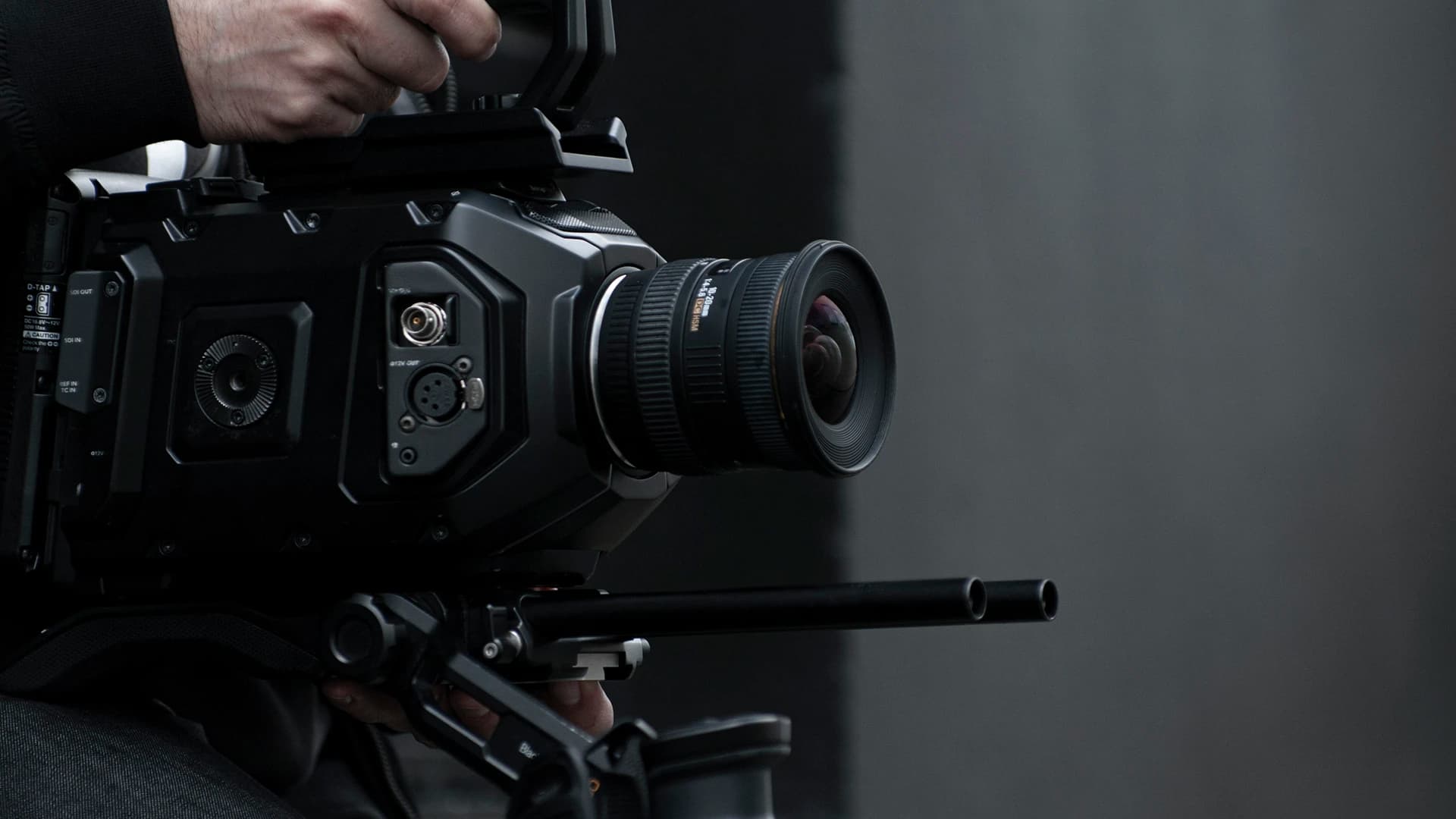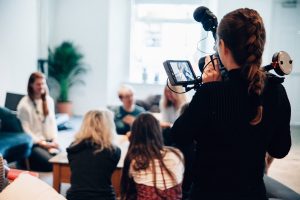Tailored Legal Videography for Law Firms.
Tailored Legal Videography for Law Firms.
Blog Article
The Role of Lawful Videography in Depositions and Tests
Lawful videography has actually arised as a crucial device in both depositions and trials, providing a complex technique to documenting witness testaments. As lawful experts progressively identify its value, it prompts a much deeper examination of just how these visual records can affect juror assumptions and test results.

Importance of Legal Videography
Lawful videography plays an essential role in the documents and discussion of depositions and tests. This specialized area incorporates technical abilities with lawful knowledge to produce a reputable document of proceedings that can dramatically influence situation results. The appearance of legal videography improves the understanding of witness testament, allowing jurors and judges to observe not just the talked words but likewise the disposition, emotions, and body movement of the witnesses.
In enhancement, lawful videography gives an unbiased account of events, reducing the potential for misconception that can take place with created records alone. This aesthetic paperwork works as an essential tool during trial discussions, promoting a more clear and more convincing narrative for both complainants and accuseds. The ability to replay video sectors throughout court process makes it possible for legal teams to stress crucial factors, reinforcing their arguments properly.
The importance of lawful videography expands beyond the courtroom; it additionally plays an essential duty in maintaining proof for future recommendation, whether for appeals or further legal activity. Thus, its assimilation right into the legal procedure is necessary for making sure a reasonable and accurate depiction of the truths, inevitably adding to the quest of justice.

Process of Legal Videography
While capturing the subtleties of depositions and tests, the process of legal videography entails several important actions that ensure top notch, exact recordings. At first, a professional legal videographer prepares by examining the instance materials and understanding the certain needs of the deposition or test. This preparation consists of familiarizing themselves with the individuals and the context, which aids in catching pertinent details.
On the day of the recording, the videographer establishes the essential equipment, which usually consists of high-def cams, microphones, and proper lighting. Making sure ideal angles and sound quality is essential, as it directly affects the efficiency of the recording. The videographer connects with lawyers and individuals to establish protocols, guaranteeing that everyone understands the recording procedure.
During the deposition or trial, the videographer meticulously records the proceedings, paying attention to both spoken and non-verbal hints. This includes catching the attitude and responses of witnesses and lawyers. After the session wraps up, the videographer may edit the footage for quality and conformity with lawful requirements, producing an end product that properly shows the proceedings for future referral and usage in legal contexts.
Advantages in Depositions
The consolidation of videography in depositions provides numerous benefits that boost the general process of collecting evidence. One primary advantage is the capability to capture witness testaments with visual and auditory fidelity, giving an extra exact representation of the witness's temperament, tone, and body movement. This multidimensional technique permits attorneys and juries to examine reliability better than conventional written records alone.
Furthermore, videographed depositions work as a powerful device for protecting testament. Ought to a have a peek at this website witness come to be not available for test, their taped deposition can be played in court, guaranteeing that their proof remains easily accessible and relevant. This element significantly minimizes the risk of losing crucial details that could affect instance results.

Finally, videography improves the total expertise of the deposition process, instilling self-confidence in clients concerning the thoroughness of their legal representation (legal videography). By leveraging technology, lawyers can significantly improve the effectiveness of depositions
Effect On Tests
In several tests, the combination of videography can substantially influence the presentation of proof and the court's assumption. Lawful videography catches witness testimonies and crucial evidence in a vibrant style, allowing jurors to engage with the product on multiple degrees. This aesthetic element enhances the narration facet of a test, offering context and emotional resonance that conventional text-based proof might lack.
Moreover, video clip recordings can function as powerful devices for impeachment during cross-examination. When disparities occur between a witness's previous statements and their courtroom testament, video evidence gives an unbiased reference that can guide jurors' opinions. This immediacy and quality can boost the reliability of a party's story while all at once weakening opposing arguments.

Future Trends in Legal Videography
As we look toward the future of legal videography, several emerging trends promise to reshape its role within the courtroom. One considerable pattern is the combination of fabricated knowledge (AI) in video clip evaluation and editing and enhancing. AI can streamline the process of identifying vital minutes in videotaped depositions, permitting lawyers to promptly access pertinent web content, therefore boosting performance in instance prep work.
Furthermore, the increase of digital truth (VR) and enhanced truth (AR) innovations is expected to change just how jurors experience proof. legal videography. By submersing jurors in a substitute setting, these modern technologies can give an extra extensive understanding of complex scenarios, bring about even more educated deliberations
Furthermore, the increasing need for remote depositions, sped up by the COVID-19 pandemic, will likely continue. Lawful videographers will certainly need to adjust to new software and systems to make sure premium recordings in online setups.
Finally, the growing focus on data security will certainly necessitate more stringent procedures for storing and sharing video proof. As the lawful landscape progresses, lawful videographers need to stay abreast of these patterns to preserve their significance and effectiveness in the judicial procedure.
Final Thought
In recap, legal videography offers a critical feature in the judicial procedure, improving the honesty of depositions and trials. By recording the nuances of witness statements, this browse around this site tool not only maintains important proof but additionally aids in presenting details efficiently to jurors. The value of aesthetic documentation in examining trustworthiness and helping with interrogation can not be overstated. As innovation remains to evolve, lawful videography is positioned to further transform its duty within the legal landscape.
Report this page